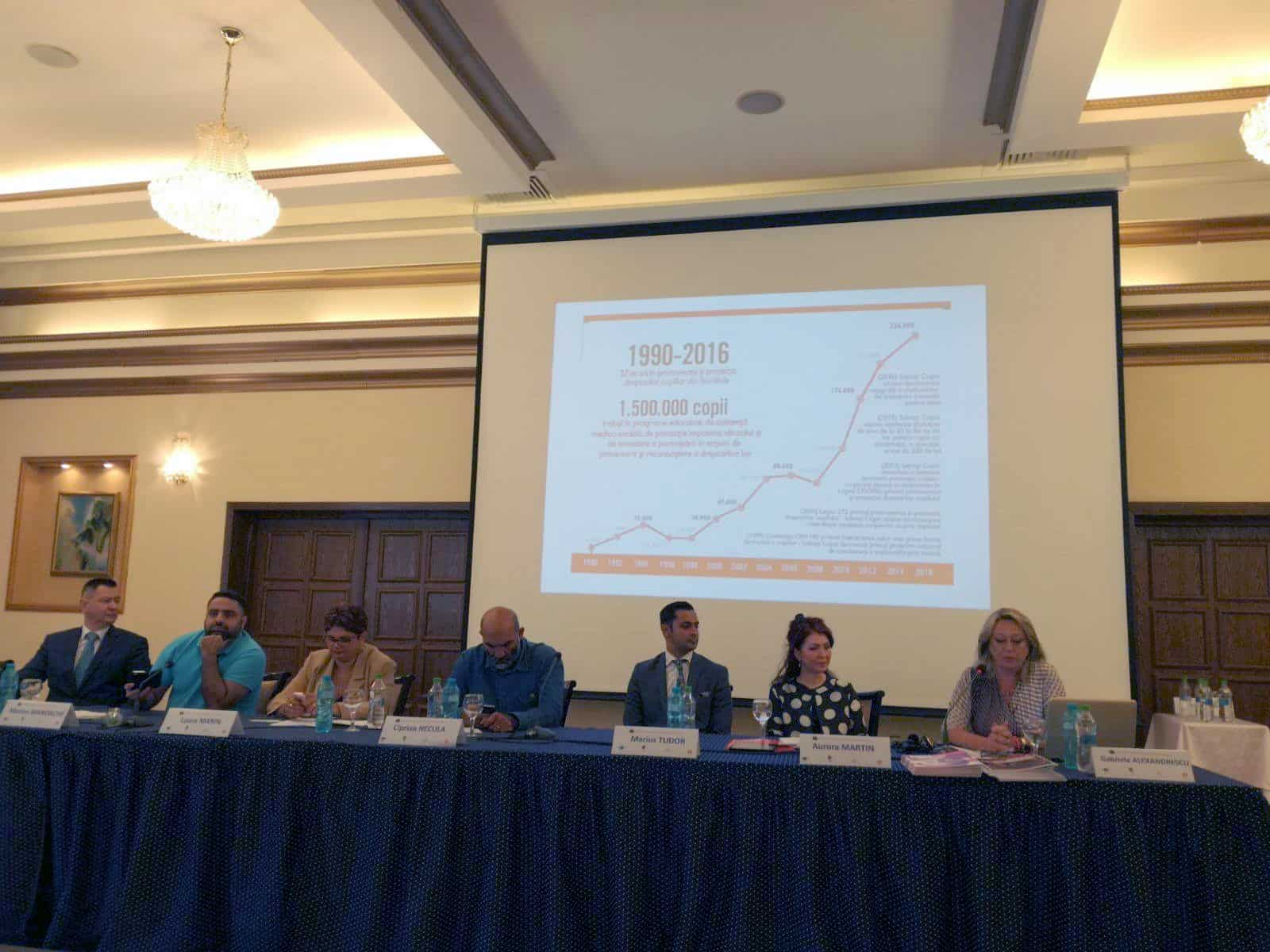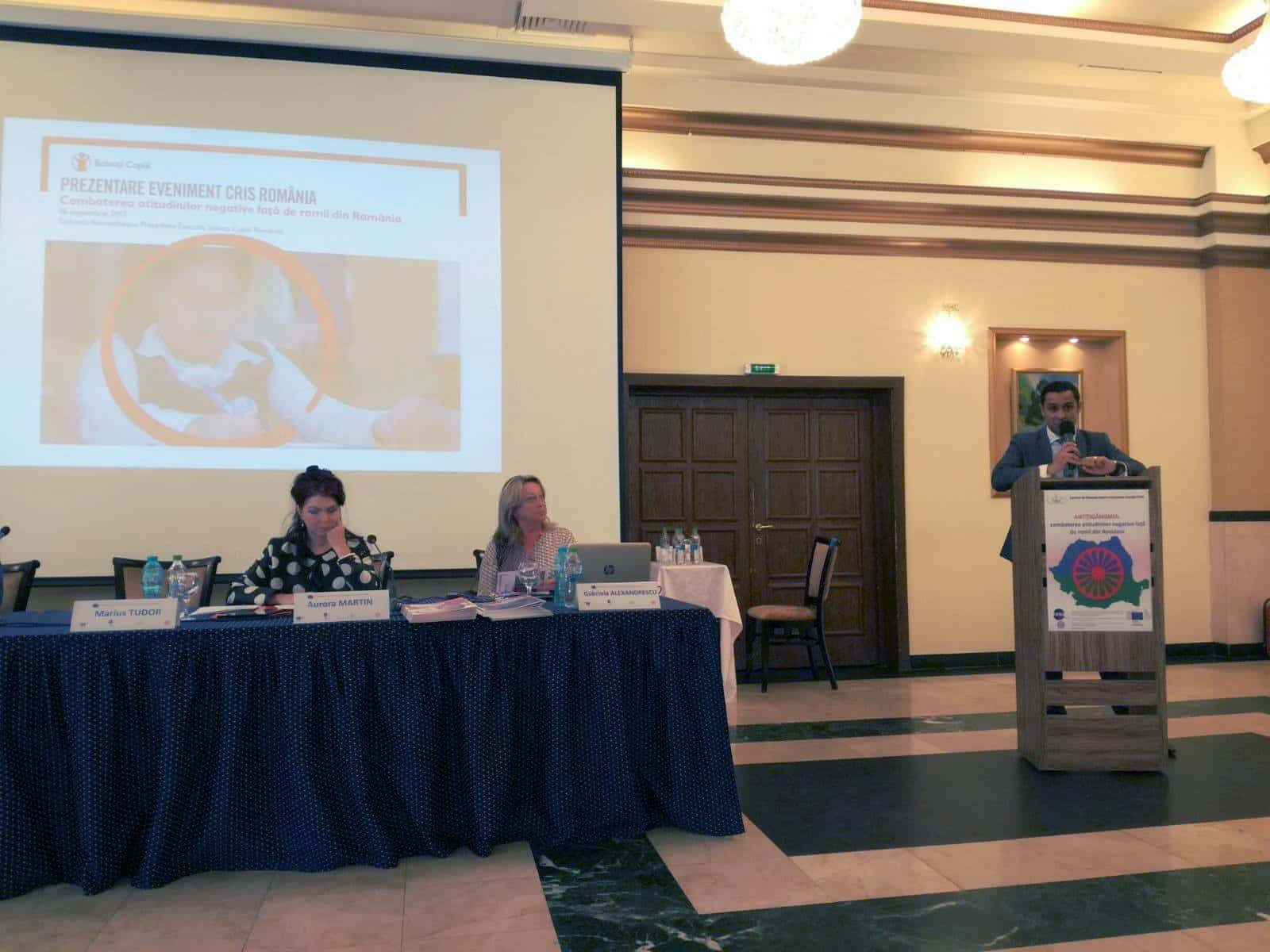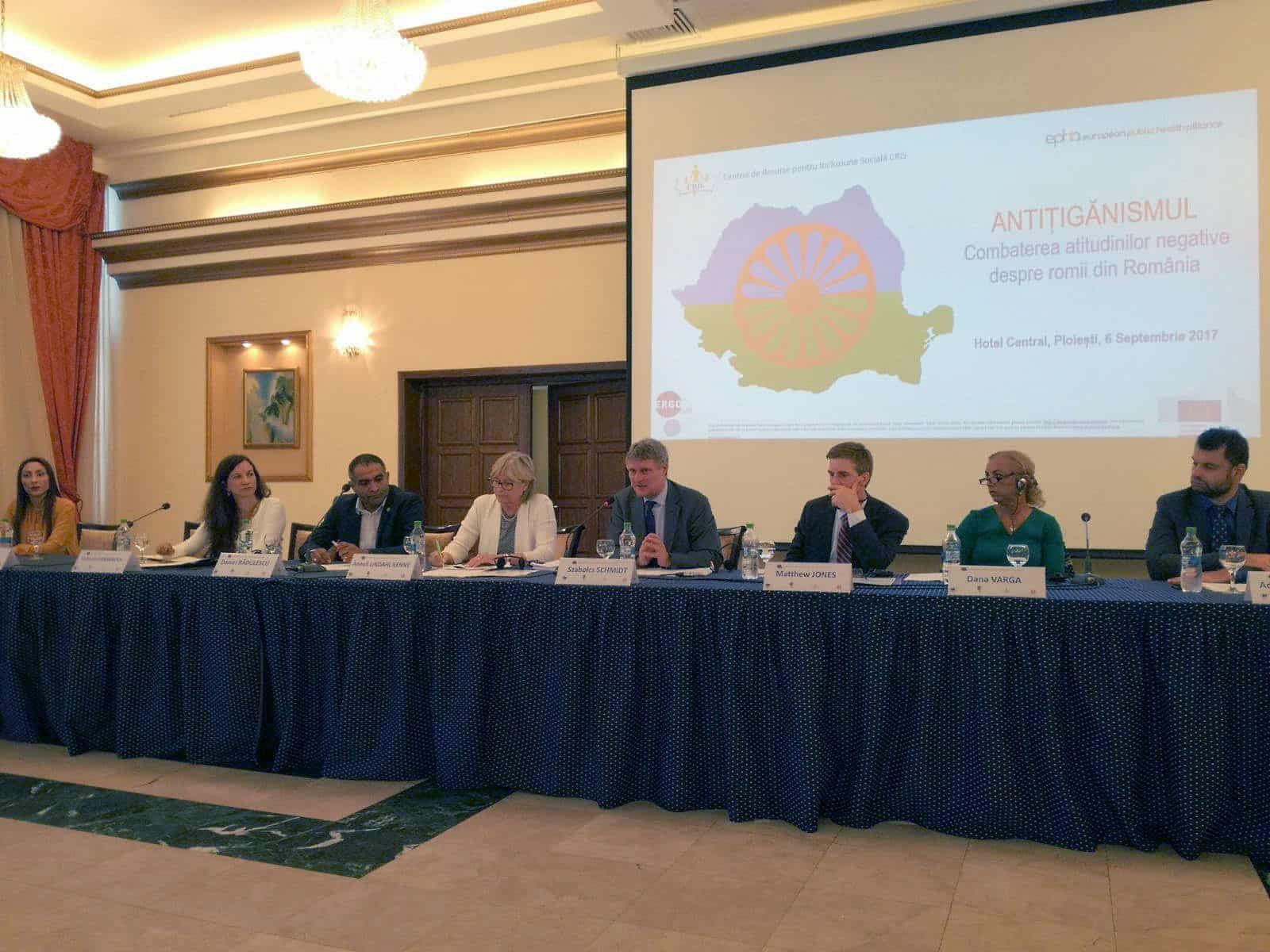Antigypsyism – combating negative attitudes about Roma in Romania
6 September 2017
09:00 - 14:30 CET
Ploiești, Romania
Organised by the Center of Resources for Social Inclusion (CRIS) and the European Public Health Alliance (EPHA).
The event aims to provide a platform for participants to exchange information and ideas about good practices, and to discuss possible challenges and solutions to combat antigypsyism at EU, national and local level;
Roma encounter antigypsyism as a specific form of discrimination in Europe and many continue to face a higher risk of exclusion in all domains of public life, including education, employment, housing and health, compared to non-Roma. In Romania, Roma are usually judged based on stereotypes in the minds of the majority population.
Representatives of the European Institutions (European Parliament, European Commission), representatives of the embassies and ministries but also of the national institutions working with and for the Roma, representatives of public authorities, Roma and non-Roma organizations at European and national level and Roma community members will be among the participants and speakers of the event.
About the event:
Roma encounter antigypsyism as a specific form of discrimination in Europe and many continue to face a higher risk of exclusion in all domains of public life, including education, employment, housing and health, compared to non-Roma. In Romania, Roma are usually judged based on stereotypes in the minds of the majority population. These stereotypes demonstrate lack of knowledge or ignorance regarding the history of Roma on Romanian territory. At the same time, society does not fight antigypsyism attitudes, and thus discrimination, hate-speech and stereotypes are recreated in our daily life. However, the most serious forms of antigypsyism are institutional ones. These include, for instance, segregation of Roma children in education, spatial segregation of Roma communities. These institutional manifestations have profound repercussions for the effective socio-economic inclusion of Roma community in life domains such as access to housing and education. What makes antigypsyism a special form of racism is the responsibility of the state in the production and co-production of discriminatory norms, knowledge and politics in relation to Roma communities.
The document “Antigypsyism – a reference paper” www.antigypsyism.eu, shows this is the specific racism towards Roma, Sinti, Travellers and others who are stigmatized as ‘gypsies’ in the public imagination. Although the term is finding increasing institutional recognition, there is as yet no common understanding of its nature and implications. Antigypsyism is often used in a narrow sense to indicate anti-Roma attitudes or the expression of negative stereotypes in the public sphere or hate speech. However, antigypsyism gives rise to a much wider spectrum of discriminatory expressions and practices, including many implicit or hidden manifestations. Antigypsyism is not only about what is being said, but also about what is being done and what is not being done. To recognize its full impact, a more precise understanding is crucial.
Representatives of the European Institutions (European Parliament, European Commission), representatives of the embassies and ministries but also of the national institutions working with and for the Roma, representatives of public authorities, Roma and non-Roma organizations at European and national level and Roma community members will be among the participants and speakers of the event.




